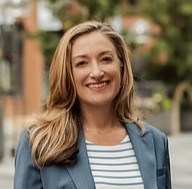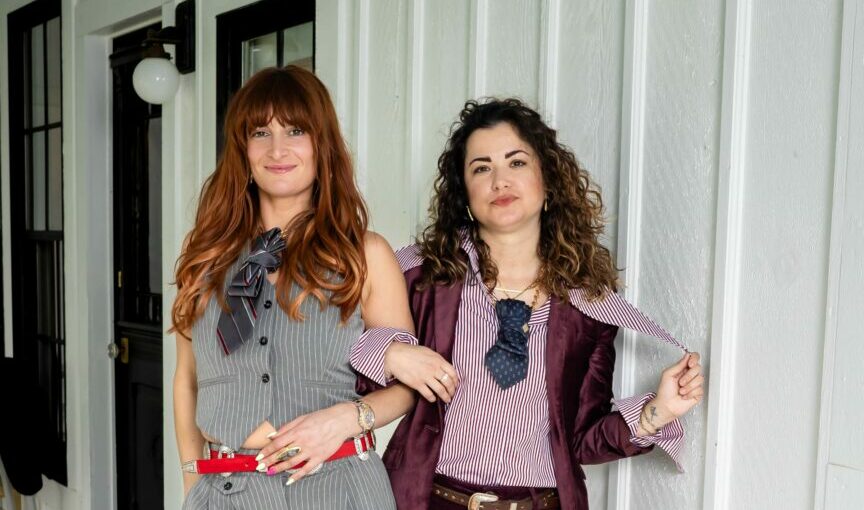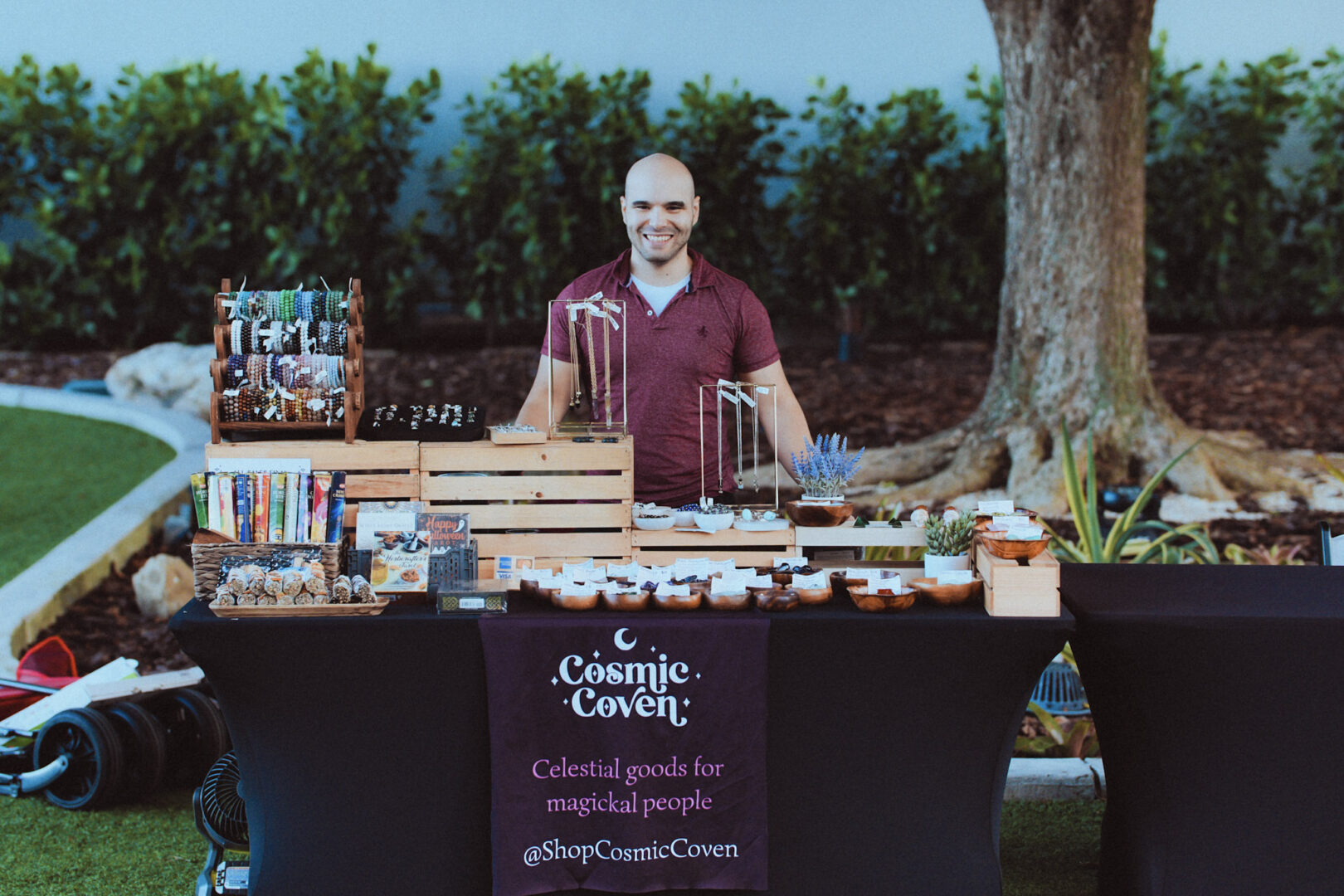We recently connected with Sarah Wiebenson and have shared our conversation below.
Sarah, so many exciting things to discuss, we can’t wait. Thanks for joining us and we appreciate you sharing your wisdom with our readers. So, maybe we can start by discussing optimism and where your optimism comes from?
The summer after my senior year of high school, I volunteered on an archaeological dig on a farm in western Massachusetts. My role was to sift through small amounts of dirt from a plot of land that had been carefully mapped out by graduate students from a local university, with the hope of finding something of historical significance from the colonial era. The plot had been chosen because it was the location of a “privy hole” where European settlers disposed of all forms of waste, some of which would hopefully give us a clue to how they lived.
The work was dirty, slow, solitary, and mostly uneventful. And yet, when we ran across something of potential anthropological significance, the lead archaeologist would enthusiastically share her encyclopedic knowledge to bring meaning to every tiny shard of pottery, glass, bone, etc.
That experience, along with many others, generated for me an optimistic view of hard work and patience. So many times in my career, it has paid off to slow down, lean in and listen to what someone is really saying. The time it takes to find common ground or a solution to a sticky problem is usually greatly reduced by genuine curiosity about someone’s life and passions, with the added benefit that I usually walk away invigorated by learning something new.
Great, so let’s take a few minutes and cover your story. What should folks know about you and what you do?
My development as an urban placemaking professional included spending a year or more each testing out different pathways to see which one resonated the most.
I worked in the financial regulatory practice at a law firm on K Street in Washington, D.C. I attended a year of architecture school at Columbia University in New York City spending my days sketching the city and building scale models. I earned an urban planning degree and worked as a consultant for the American Planning Association. I was a government affairs lobbyist for a local Chamber of Commerce.
At each step along my path, I learned more about how the world works: how finance, design, political will, or even a great idea on its own cannot build great cities. All these forces need to act in concert to achieve a balanced outcome with sustained positive impact. Identifying common ground and building public-private partnerships toward the goal of fostering great urban places has been the gratifying and rewarding focus of my work.
If you had to pick three qualities that are most important to develop, which three would you say matter most?
One of my proudest moments over the past year has been watching the young members of my team expand their capacity to independently lead our work in business development, business recruitment, and business retention.
I can step back into a supporting role now that they each have demonstrated the patience, empathy, and curiosity necessary to develop their own relationships directly with our business owner and property owner stakeholders. I developed these qualities over time, coming from a place of servant leadership.
My advice to my team, and others, is to never go into a situation thinking you have all the answers; come from a place of curiosity and make an effort to connect with the person you’re working with on a human level before diving into the content of the work.
Thanks so much for sharing all these insights with us today. Before we go, is there a book that’s played in important role in your development?
A couple of years ago, I read the book Unapologetically Ambitious by Shellye Archambeau. She talks about how, as she gained responsibility and became a leader, it was important to cultivate cheerleaders and champions who both understand her and support her in her growth.
For me, these are a mix of old friends and classmates, family members, and current and former work colleagues. It has helped me to have people on my cheerleading squad who know me from various stages of my evolution and can help me gain perspective when needed.
Taking this approach, I have also consciously cultivated strong relationships with people whose work I admire and who I can support as well. This shared feeling of understanding for both the joys and pitfalls of my industry is level-setting when I need additional motivation.
Contact Info:
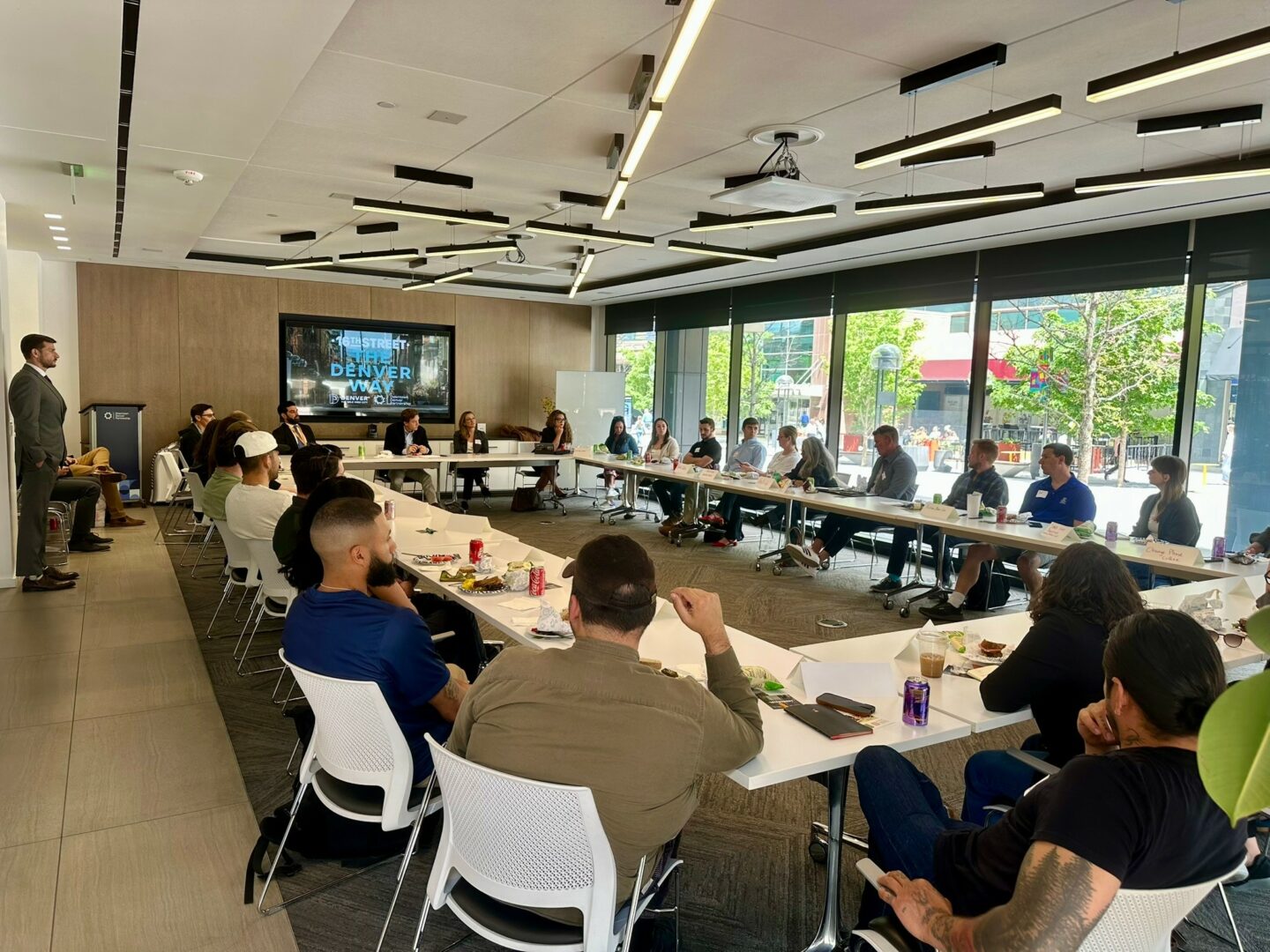
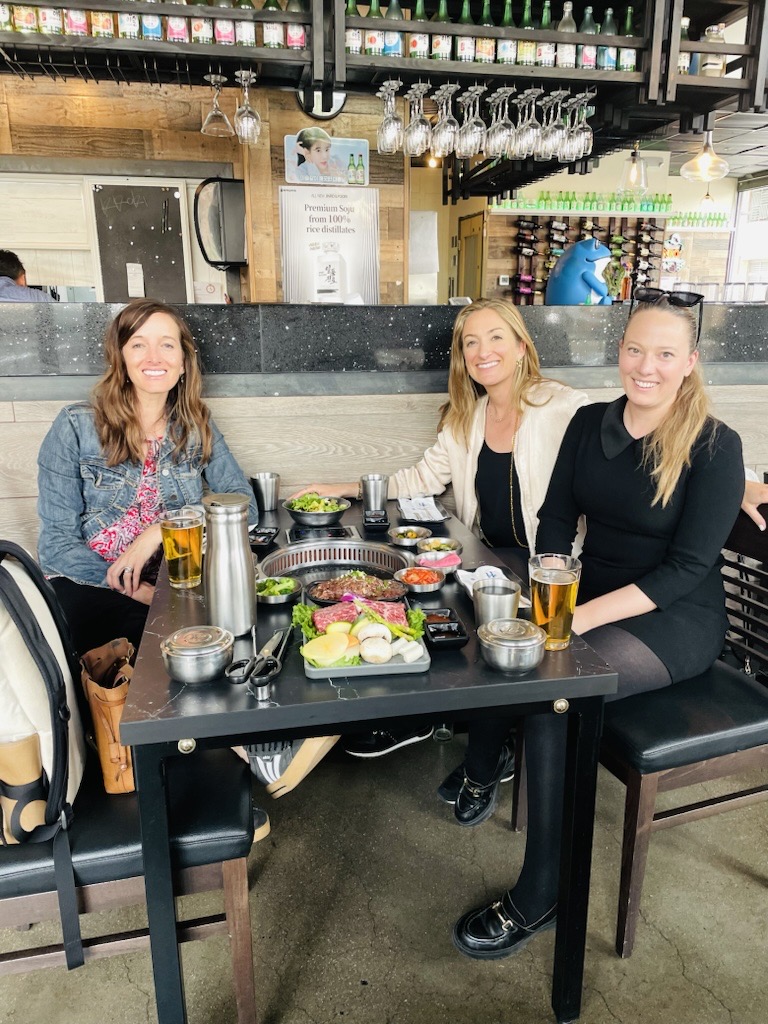
Image Credits
Credit: self

